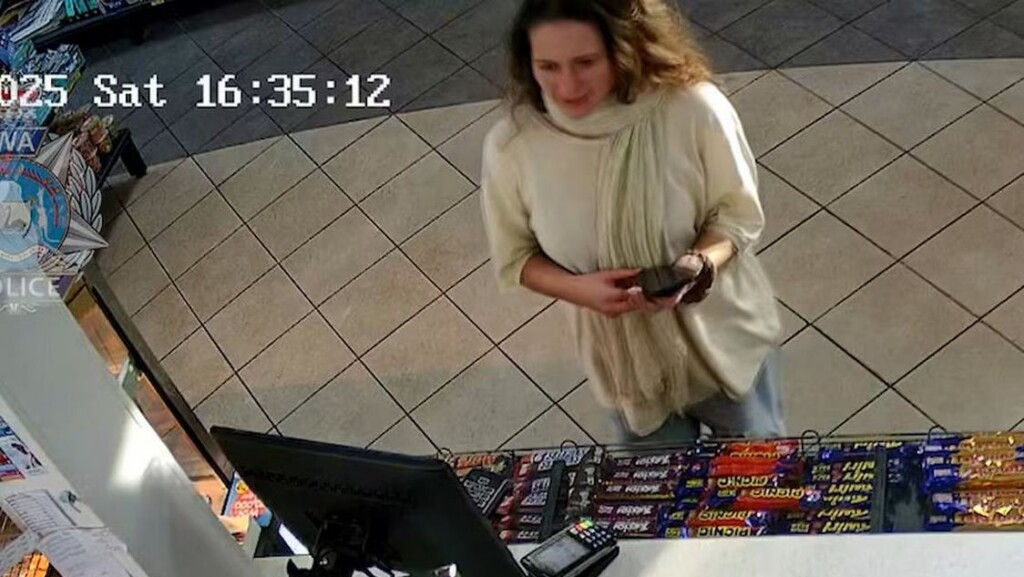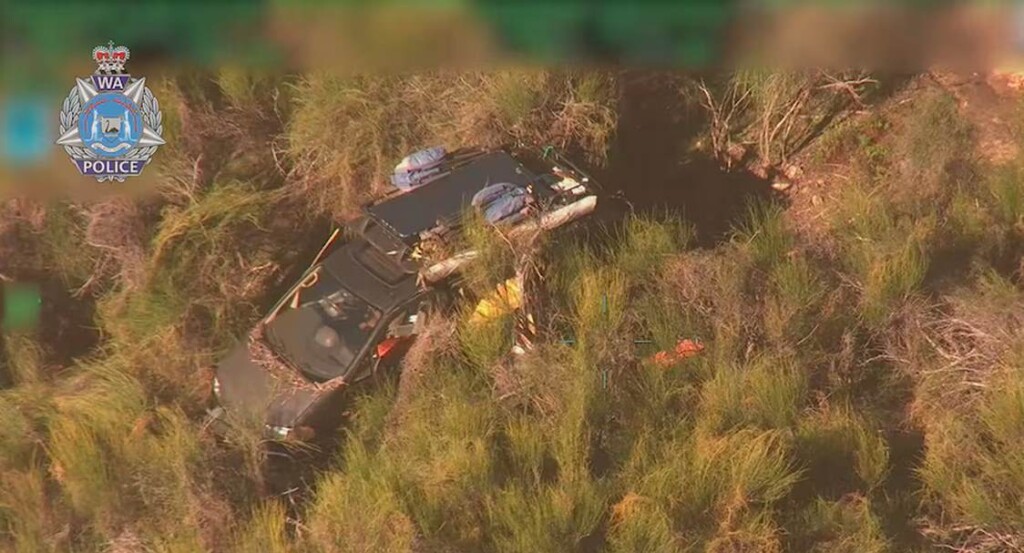
A German backpacker lost for 12 days in the Australian outback has survived and spoken out regarding her traumatic experience.
Carolina Wilga’s disappearance gripped the nation after her friends and family lost contact with her in late June and her van was discovered immobilized off a trail in a nature reserve in the state of Western Australia.
The 26-year-old had been found walking along a track on the outskirts of the reserve, having been ravaged by mosquitos and chewed up in the rough terrain.
Inspector Martin Glynn of the Western Australia police said Wilga was found last Friday at 7:30 p.m. local time by a member of the public who took the backpacker to the nearest town, Beacon. It was there that she was airlifted to a hospital in Perth where she released a statement to the press on Monday.
“The thought of all the people who believed in me, searched for me, and kept hoping for me gave me the strength to carry on during my darkest moments. For this, I want to say thank you from the bottom of my heart,” Wilga, who was pictured in the hospital among cards of well-wishes, flowers, and food required to “gain 12 kilos back.”
“Especially to the police investigators, searchers, the German Consulate, the medical staff and the wonderful nurses who took care of me with so much compassion. My deepest thanks also go to every single person who simply thought of me — and of course, to my rescuer and angel, Tania!”
A press conference from the WA Police on Friday revealed that, having been found by Tania Henley, her mental state was “quite… fragile.”
The details of Wilga’s survival ordeal are that her van became immobilized in mud, and that for a reason later revealed in her statement, she left it, became disoriented, and got lost. According to ABC News Australia, she was barefoot, and survived off drinking water from puddles and eating what little food remained in her pockets after she left the van.

“There’s a very hostile environment out there, both from flora and fauna. It’s a really, really challenging environment,” said Glynn.
She wandered around the Karroun Hill Nature Reserve from the point at which her van was stuck, which was 21 miles from any of the reserve’s main trails. At night the temperatures regularly fall to 32°F, and she sought shelter wherever it was available, including a cave.
“You’re always so hopeful with these missing person situations,” Glynn said. “It’s really quite traumatic because you obviously always go out with the best of hope that you will find the person. It’s just a great outcome for everyone involved.”
MISSING IN ACTION: 20-yo Hiker Survives to See Family Again After Incredible 50 Days Lost in the Rockies
In her statement, Wilga said that many people had asked her why she left the van. Her response was that when she careened off the trail, she hit her head significantly, became confused, wandered away, lost sight of it, and was lost, an all-too-common scenario for missing hikers.
Survival experts would agree unanimously: you should almost never leave your vehicle if it breaks down. It’s not only a ready source of shelter from the sun, wind, rain, and cold, but it’s much easier for rescuers to see it from the air. In the case of Wilga, the van was found by an aerial search, but she was long gone by then.
Outback survival experts speaking with ABC say there are two main reasons why people leave their cars. The first one is irrational, and known as an amygdala hijack, where an overcoming sense of panic and denial cause people to make irrationally decisions, like believing they can follow a trail back to get help, or climb a hill to see if they can spot civilization in the distance.
The second is more rational, and its the sense of wanting to take action. In reality, sitting down, sipping some water, and having a think about things is a much better course of action that will typically result in the confirmation that waiting by the vehicle is the best option.
MORE SURVIVAL STORIES: Rescuers Relieved to Find Pilot, 2 Children Survived Crash Landing on Frozen Alaskan Lake
Additionally, Wilga’s story is a reminder of how easy it can be to get lost in remote country, even just a few hundred yards from a trail or a car. If wandering off the trail is necessary for any reason, take measures to ensure you know which way you came from, such as making signs on the ground, or bending down branches to mark your way.
Lastly, follow Wilga’s lead and never give up hope, as there will almost always be someone looking for you.
SHARE This Harrowing Story Of Survival With Your Friends…
